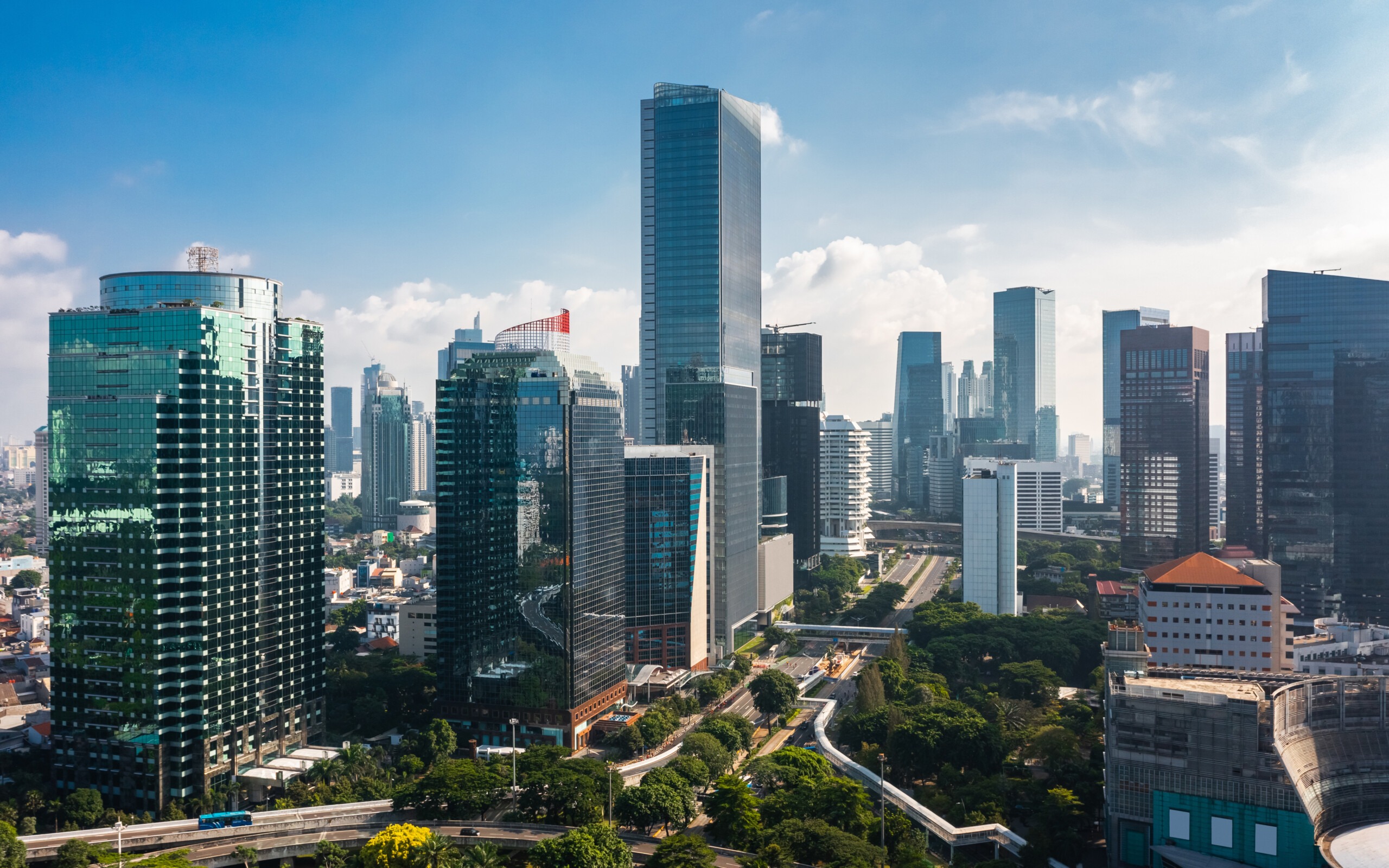Project Description
Mainstreaming resilience into detailed urban spatial planning in Indonesia
Donor: The World Bank | Duration: June 2024 – January 2025 | Location: Indonesia
Project Background:
Indonesia’s rapid urbanization is amplifying its climate challenges, with cities facing heightened risks from flooding, heat waves, and air pollution. An influx of people into cities stresses existing infrastructure, pushing it beyond its limits and making communities more vulnerable to natural disasters and climate impacts.
The Integrated Land Administration and Spatial Planning Project (ILASP) is a pioneering initiative focused on bolstering climate-informed spatial planning, securing land tenure, and improving land administration in select regions of Indonesia. Led by the Ministry of Agrarian Affairs and Spatial Planning/National Land Agency (ATR/BPN), this ambitious project consists of four key components:
- Climate-Informed Spatial Planning
- Strengthening Land Tenure and Landscape Management
- Developing a Land Information System and Valuation
- Creating Large-Scale Base Maps for Climate Action
The project’s primary goal is to support the integration of urban resilience—specifically, resilience to natural hazards and climate change—into the Detailed Spatial Planning (RDTR) process. The project also aims to improve the quality and streamline the production of RDTR spatial plans.
Project Objective:
This assignment is focused on providing technical assistance to operationalize an enhanced RDTR procedure that aligns with Indonesia’s existing regulatory frameworks. This enhanced procedure will incorporate crucial resilience elements identified through research, analysis, benchmarking, and consultations with key stakeholders. A significant part of this effort involves building the capacity of ATR/BPN to effectively manage these new procedures.
The ILASP project includes three main activities:
- Activity A: Evaluating and Refining the RDTR Prototype: This activity involves a comprehensive analysis of the enhanced RDTR prototype from an urban resilience perspective. It aims to refine the RDTR urban planning procedure and provide technical inputs for the Project Operation Manual of the ILASP. This includes a desk review of existing RDTR technical guidelines, regulations, policies, and other documents, such as the recent analysis by the World Bank Task Team in collaboration with ATR/BPN. On-the-ground data collection in selected Indonesian cities, along with consultations with local governments and other stakeholders, will also be conducted to ensure the RDTR procedures are robust and effective.
- Activity B: Developing Terms of Reference for RDTR Spatial Plans: This activity supports the preparation of Terms of Reference (ToR) for the recruitment of firms tasked with developing 500 RDTR spatial plans as part of the ILASP. These plans will form the backbone of Indonesia’s efforts to integrate climate resilience into urban planning.
- Activity C: Knowledge Transfer and Capacity Building: To ensure a cohesive and effective approach to implementing the RDTR activities, ICEM will facilitate knowledge transfer and training sessions with selected stakeholders and local government counterparts. These sessions aim to consolidate a shared understanding of the procedures and ensure their successful integration within the ILASP project.






